Save the geranium!
Those of you in the South, where spring is already starting, are probably looking at your benches full of geraniums and wondering what I could possibly be talking about. The crop looks fine, the order arrived on time and sales are starting to pick up…there aren’t any problems with geraniums. Think again. There’s a crisis brewing with geraniums, and it could change the way most of us do business.
The History
Many of you may remember last spring’s accidental importation of Ralstonia solanacearum race 3 biovar 2 on geranium cuttings originating in Kenya. Some of you may even know that the disease was imported a second time late last year; this time from Guatemala, causing relatively minor crop losses of approximately 1 million cuttings to date. What very few people know at this point is the overly drastic actions the USDA has taken to protect one industry, namely seed potatoes, at the expense of another industry, namely ornamental horticulture…us.
According to the USDA, there is no way to be sure that Goldsmith Plants, the company that imported the infected cuttings, is completely clear of the disease, and since this strain of Ralstonia is particularly virulent and can cause such devastation to solanaceous crops, e.g., tomatoes, tobacco and potatoes, they had no other option but to decertify this company, effectively stopping them from importing geranium cuttings.
I had the luck, good or bad depending on how you look at it, of being on-site at the Goldsmith Guatemala facility when the news came from USDA and saw first-hand the effect the announcement had on the company and its 450 employees. But in the middle of their sadness and fear, I couldn’t help wonder what it would mean for our industry. This year, the geranium shortage was mostly covered, but what about the future? How will it affect geranium sales? The industry?
The future
We are at a triple disadvantage in this battle. First, the seed potato lobby is much larger than our own, which by the way exists only in the form of individual associations doing what they can with limited means. Second, this pathogen is listed on the bioterrorism list, which gives the USDA freedom to act at will and the excuse of “protecting the nation from terrorist threats.” Third, our industry is very fragmented and refuses to speak with a single voice even when threatened as it is now. And rest assured, we are threatened.
After the first infected cuttings were discovered, the USDA considered a proposal to stop importation of geranium cuttings from offshore. The motion was killed, but I don’t think we’ve seen the last of these kinds of ideas.
I have been very disappointed by the lack of solidarity within the industry regarding this problem and by the inaction of those most in a position to protect our industry, namely the allied manufacturers, the wholesale growers and each and every garden retailer. You might think this company’s decertification is of no concern to you; let them handle their own problems, but no imported plants, more expensive cuttings and closer scrutiny by the USDA are things none of us want and something we can all help to prevent — at least at this stage.

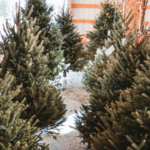




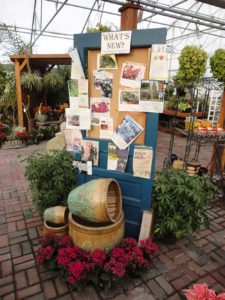
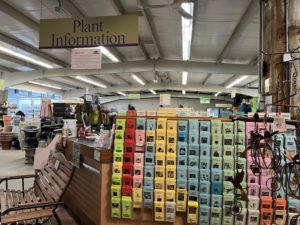

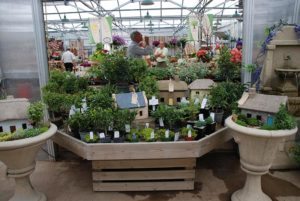
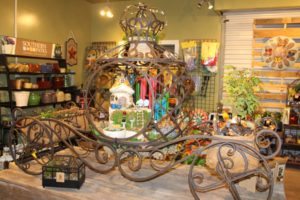
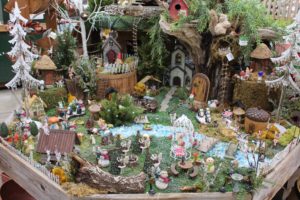
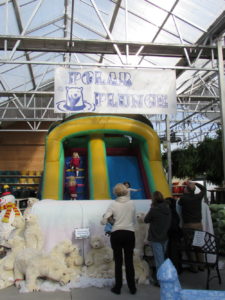
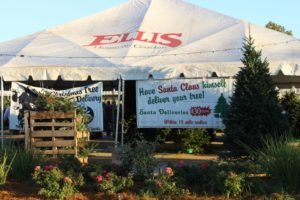
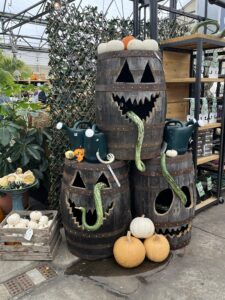
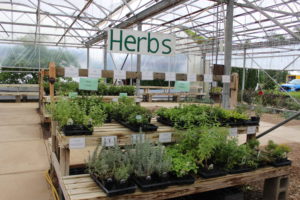
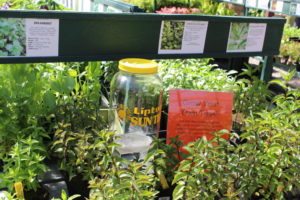

 Videos
Videos





